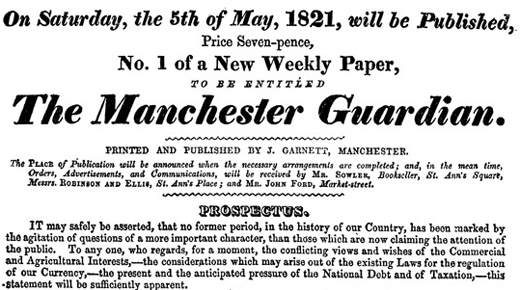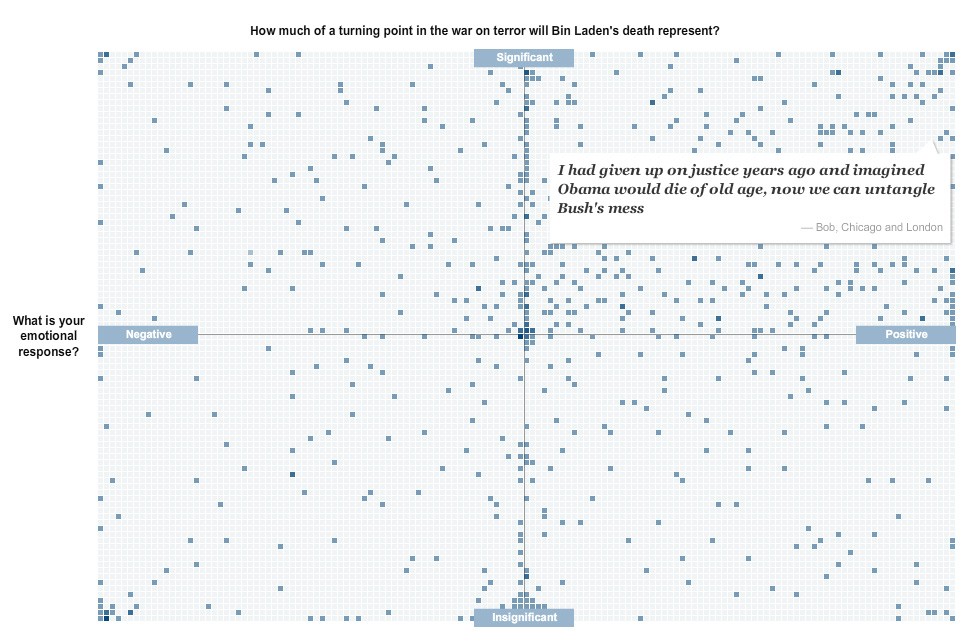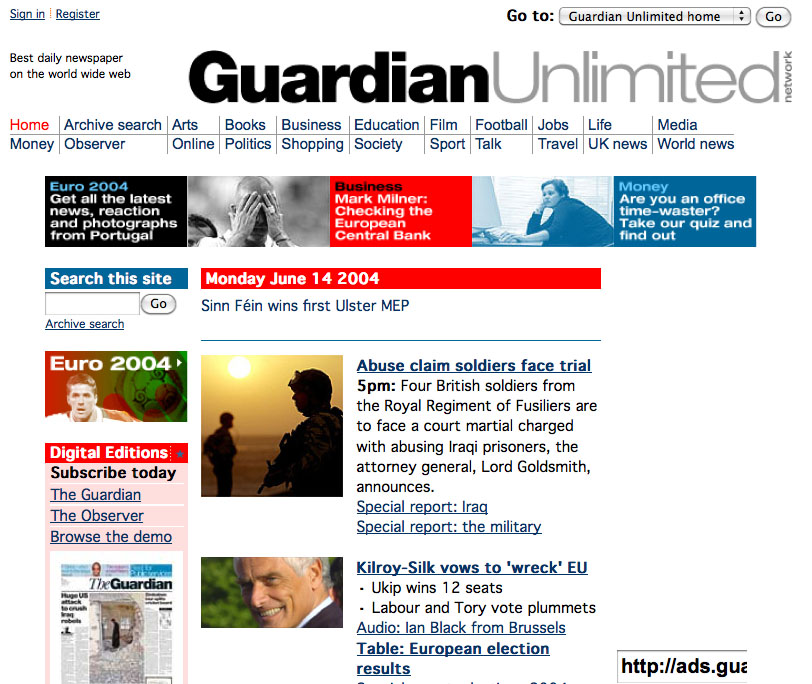The 18th Bayeux-Calvados Awards for War Correspondents are now open for entries, with the addition of a new category for online journalism.
A release from the award organisers said: “With the rise of digital technology, technological developments and changes in the way in which news is broadcast, new forms of narration have been created.
“There has been a vast increase in the number of multimedia projects in recent years, with the introduction of web documentaries, short multimedia works, video-graphics, etc. These new formats provide opportunities for finding out about international news in other ways (new information methods, new audiences).”
There are seven other prizes given out as part of the awards, for: written press; television; radio; photography; grand format television; and a young reporter prize.
Journalists have until 10 June to submit work photo, radio, television and written press reports on a conflict or news event relating to the fight for freedom and democracy. Submissions must have been made between the 1 June, 2010 and the 3 May, 2011.
There is a €7,000 (£6,300) grant to be won in each category, except for the Young Reporters category which offers €3,000 (£2,700).
The president of the jury for the prizes is Mort Rosenblum, a veteran US war correspondent and author of several books.





